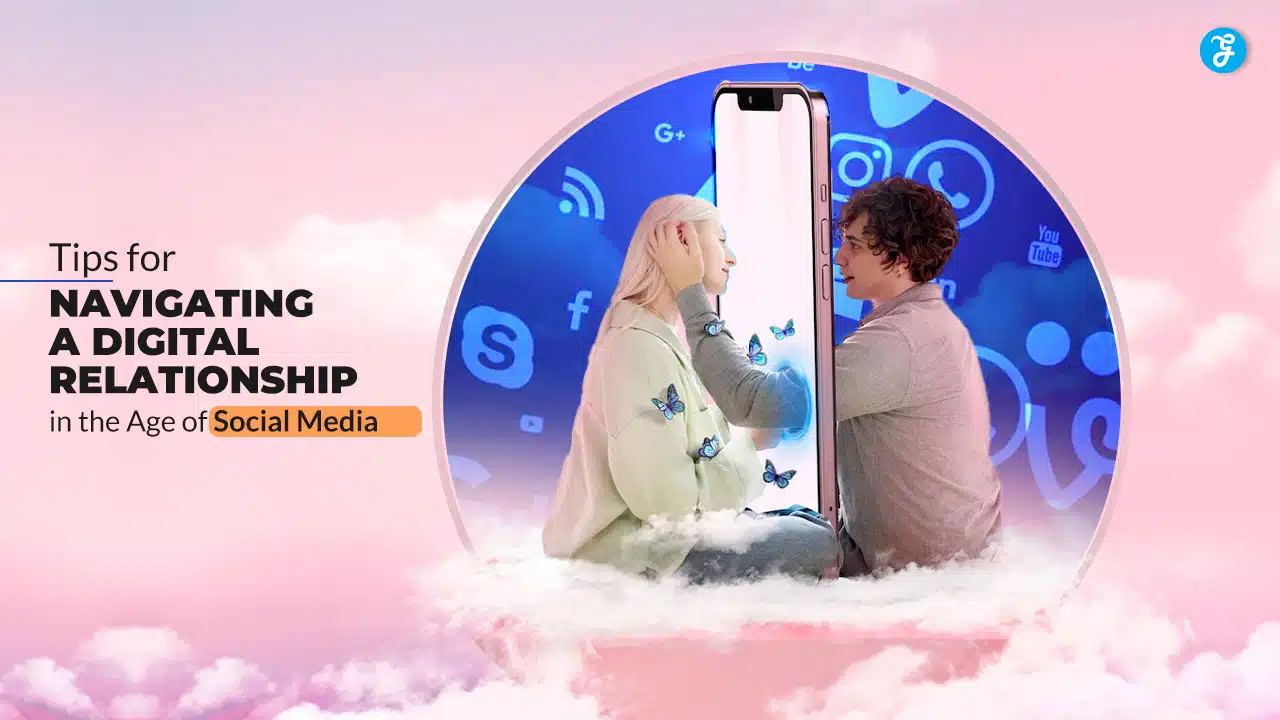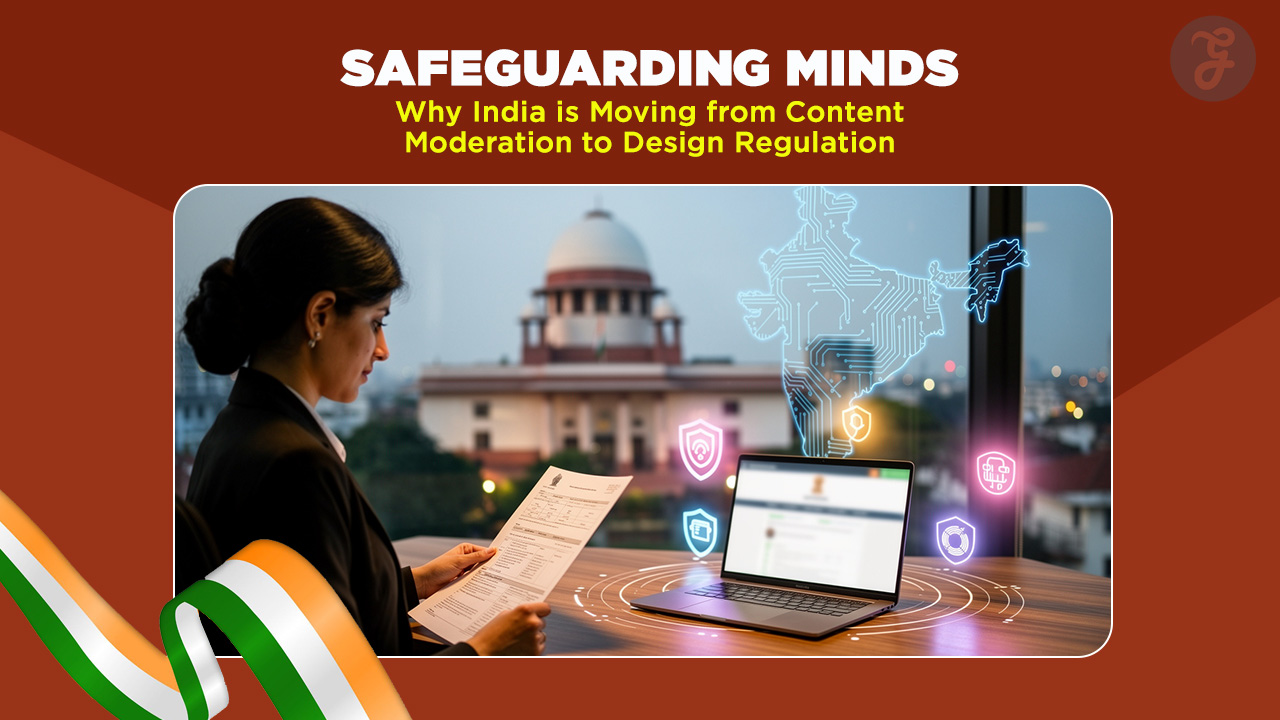In today’s digital age, social media is an integral part of our daily lives, influencing not only how we communicate with friends and family but also how we connect with romantic partners.
While social media can foster connection and intimacy, it also brings challenges that can complicate relationships, such as blurred boundaries, misunderstandings, and privacy concerns.
Navigating a digital relationship in the age of social media requires a balance between openness and privacy, as well as a strong foundation of trust and communication.
Whether you’re in a long-distance relationship or simply navigating the complexities of social media with your partner, understanding how to manage the impact of digital interactions is essential.
Here are 10 practical tips for maintaining a healthy, balanced relationship in the digital age.
1. Communicate Openly About Social Media Boundaries
The first step in maintaining a healthy digital relationship is to openly discuss social media boundaries. Each person has different comfort levels when it comes to sharing details of their personal life online, so it’s essential to set clear expectations regarding what both of you are comfortable with.
Key Points for Setting Boundaries
- Discuss Posting Preferences: Talk about whether you’re both comfortable posting photos, tagging each other, and sharing relationship milestones online.
- Address Privacy Needs: Some people prefer to keep their relationships private, while others are more open. Understand and respect each other’s preferences.
- Agree on Social Interactions: Decide on boundaries for interacting with others, such as liking, commenting, or direct messaging, to avoid misunderstandings.
Establishing clear boundaries around social media use can help both partners feel respected and prevent future conflicts stemming from online activity.
2. Avoid Over-Analyzing Social Media Interactions
Social media can often lead to misinterpretations, especially when it comes to online interactions. It’s easy to read into a comment, a “like,” or the absence of a tag, but overanalyzing these actions can lead to unnecessary stress and misunderstandings.
Key Points for Avoiding Over-Analysis
- Avoid Comparing to Other Relationships: Every relationship is unique. Don’t let other people’s posts or displays of affection on social media influence how you feel about your relationship.
- Trust Each Other’s Intentions: Trust is essential in any relationship, both online and offline. Don’t jump to conclusions based on minor interactions.
- Discuss Concerns Calmly: If something on social media makes you uncomfortable, bring it up in a calm and understanding manner rather than jumping to conclusions.
Learning not to read too deeply into social media interactions can reduce tension and make it easier to focus on what truly matters in your relationship.
3. Prioritize Real-Life Interactions Over Digital Ones
While social media is convenient, face-to-face communication is crucial for building intimacy and trust. Make a conscious effort to prioritize real-life interactions and create meaningful moments together, free from digital distractions.
Key Points for Prioritizing In-Person Time
- Establish Device-Free Zones: Designate times or places where phones and social media are off-limits to create undistracted, quality time together.
- Engage in Shared Activities: Go on dates, explore hobbies, and enjoy each other’s company offline to strengthen your bond.
- Communicate in Real Time: If you’re in a long-distance relationship, prioritize video calls or phone conversations over text messages.
Real-life interactions build a deeper connection and allow for genuine bonding that social media interactions can’t fully replicate.
4. Practice Transparency with Social Media Use
Transparency is key to building trust in a digital relationship. While everyone has a right to privacy, being open about your social media interactions can help prevent misunderstandings and suspicions.
Key Points for Practicing Transparency
- Discuss Social Media Friendships: Be open about your online friendships, especially if they involve ex-partners or people your partner may not know.
- Address Jealousy Constructively: If either partner feels insecure about a certain interaction, talk about it openly and address the root cause.
- Be Honest About Your Intentions: When posting or interacting on social media, consider your partner’s perspective and be mindful of actions that may cause concern.
Practicing transparency can strengthen your relationship and prevent digital interactions from becoming a source of conflict.
5. Respect Each Other’s Privacy
While transparency is important, so is respecting each other’s need for privacy. Just because you’re in a relationship doesn’t mean every detail of your digital life needs to be shared.
Key Points for Respecting Privacy
- Avoid Demanding Passwords: Mutual trust should eliminate the need for constant access to each other’s accounts. Demanding passwords can erode trust.
- Allow Space for Individual Expression: Respect that your partner may want to post or interact online in a way that’s authentic to them, as long as it aligns with agreed-upon boundaries.
- Trust Their Online Presence: Believe in your partner’s integrity and allow them the freedom to use social media without excessive scrutiny.
Maintaining a sense of individuality and privacy fosters a healthy relationship dynamic and prevents social media from becoming a source of control.
6. Don’t Use Social Media to Resolve Conflicts
Social media is not the place to air grievances or resolve conflicts. Publicly posting about issues within your relationship can create unnecessary drama and make it harder to resolve matters privately and maturely.
Key Points for Handling Conflicts
- Discuss Issues Privately: Handle disagreements through private conversations or in person, rather than through posts, comments, or status updates.
- Avoid the “Silent Treatment” Online: Ignoring each other on social media during a disagreement can escalate the issue.
- Express Yourself Constructively: If you need to vent, confide in a trusted friend or journal privately instead of sharing on social media.
Keeping conflicts offline protects the integrity of your relationship and allows you to address issues without external interference or judgment.
7. Limit Comparisons to Other Relationships
Social media often portrays an idealized version of relationships, which can lead to unrealistic expectations. Comparing your relationship to others based on curated social media posts can create dissatisfaction and lead to insecurity.
Key Points for Avoiding Comparisons
- Remember Social Media Is a Highlight Reel: People typically post the best moments, not the struggles. Avoid comparing your reality to someone else’s filtered portrayal.
- Celebrate Your Own Milestones: Focus on the growth and achievements in your own relationship rather than coveting what others showcase.
- Build Confidence in Your Bond: Recognize and appreciate the qualities that make your relationship unique without needing external validation.
Limiting comparisons can help you stay grounded and appreciate your relationship’s genuine moments.
8. Avoid Excessive PDA (Public Displays of Affection) Online
While it’s natural to want to celebrate your relationship online, excessive displays of affection on social media can sometimes backfire, creating pressure or inviting unnecessary scrutiny.
Key Points for Managing PDA Online
- Post Thoughtfully: Share meaningful moments rather than frequent, repetitive updates to keep a balance between private and public aspects of your relationship.
- Respect Your Partner’s Comfort Level: Not everyone is comfortable with sharing intimate details online. Make sure you’re both on the same page regarding online PDA.
- Avoid Posting During Arguments: Avoid using social media posts to make a point during disagreements, as this can lead to passive-aggressive behavior.
Maintaining a balance between online affection and privacy can help your relationship thrive both publicly and privately.
9. Support Each Other’s Online Goals and Interests
In a digital relationship, supporting each other’s online activities—whether it’s a creative project, a small business, or a social cause—demonstrates respect for each other’s ambitions and passions.
Key Points for Supporting Each Other’s Digital Goals
- Share Each Other’s Content: If your partner is working on a creative project, business, or personal goal, show your support by sharing their content or engaging with it online.
- Celebrate Successes: Acknowledge and celebrate your partner’s achievements, even if they’re primarily digital or social media-related.
- Respect Time for Online Activities: Allow each other the space to engage in online activities without feeling pressured to be constantly available.
Supporting each other’s digital pursuits helps foster a partnership where both individuals can grow and thrive.
10. Practice Digital Detox Together
While social media can be a positive influence, too much screen time can create distance in a relationship. A digital detox allows you to reconnect without the constant distraction of social media notifications and online activities.
Key Points for a Successful Digital Detox
- Schedule “Unplugged” Time: Set aside specific times, such as during meals or before bed, to put away phones and focus solely on each other.
- Plan Offline Activities: Engage in activities that don’t involve screens, such as hiking, cooking together, or going for a walk.
- Reflect on the Experience: After a digital detox, discuss how it felt to disconnect and focus on each other without digital distractions.
Digital detoxes can help both partners refresh, recharge, and reconnect, building a deeper, more intimate bond in real life.
Conclusion
Navigating a digital relationship in the age of social media requires a balance of trust, communication, and mutual respect.
While social media can bring couples closer and offer new ways to connect, it can also create challenges if not managed mindfully.
By setting boundaries, avoiding comparisons, respecting privacy, and prioritizing real-life interactions, you can maintain a healthy relationship that thrives both online and offline.
In a world where digital interactions are increasingly part of our lives, being intentional with your social media use can help protect your relationship from unnecessary stress and keep the focus on building a strong, meaningful connection.






































